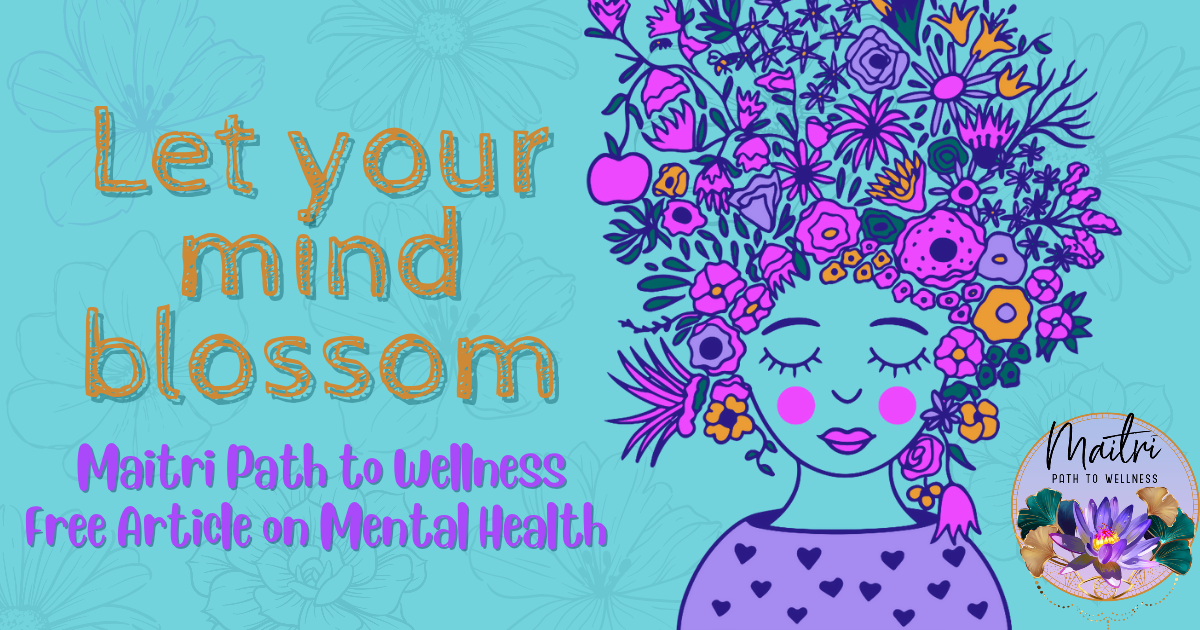Stress is an inevitable part of our lives, and it can come from various sources, including personal, professional, or social issues. Although stress is a common experience, it can impact our mental and physical health negatively. Therefore, coping skills and strategies are essential to navigate through difficult times, protect our mental and physical health, and lead a healthy life.
In this article, we will discuss the importance of learning to cope with stress, common coping strategies, and ways to protect ourselves against stress.
Why is it important to learn to cope with stress?
Coping involves adjusting to or tolerating negative events or realities while maintaining a positive self-image and emotional equilibrium. Psychological stress is usually associated with negative life changes, such as losing a job or a loved one. However, even positive changes, such as getting married or having a child, can be stressful.
Changes are stressful because they require us to adjust and adapt to new circumstances. Experiencing too many changes within a brief time period often creates the idea that we aren’t in control of events. This perception contributes to low self-esteem and may even contribute to the development of anxiety or depression.
In some cases, physical illnesses may develop or get worse when a person’s capacity to adapt to change is overwhelmed by too much change. Coping involves adjusting to unusual demands or stressors, requiring greater effort and energy than what’s needed in the daily routines of life. Prolonged mobilization of effort can contribute to elevated levels of stress-related hormones and eventual physical breakdown and illness. Therefore, learning to cope with stress is essential for maintaining optimal physical and mental health.
What are some common coping strategies?
There are several common coping mechanisms that can help individuals manage stress. These mechanisms include challenging oneself to lower expectations, asking others for help or assistance, taking responsibility for the situation, engaging in problem-solving, maintaining emotionally supportive relationships, maintaining emotional composure, or alternatively, expressing distressing emotions.
Other common strategies include challenging previously held beliefs that are no longer adaptive, directly attempting to change the source of stress, distancing oneself from the source of stress, or viewing the problem through a religious perspective. Experts agree that coping is a process rather than an event. People differ in particular styles of coping or prefer to use certain coping strategies over others.
These differences in coping styles usually reflect differences in personality. Rigidity in coping is less likely to help than is flexibility in coping — being able to fit the most appropriate coping strategy to the demands of different situations. However, some situations that require coping are likely to elicit similar coping responses from most people.
For example, work-related stressors are more likely to elicit problem-solving strategies. Stressors that are perceived to be changeable are more likely to elicit problem-solving strategies, while stressors perceived to be unchangeable are more likely to elicit social support-seeking and emotion-focused strategies.
What can we do to protect ourselves against stress and enhance our prospects for successful coping?
Perhaps the most important strategy is to maintain emotionally supportive relationships with others. A vast field of research demonstrates that emotional support buffers individuals against the negative impact of stress. It’s especially important to evaluate your overall lifestyle when encountering significant stress.
Engage in stress-reducing activities to help your overall approach to coping with stressors. Get enough good quality sleep, eat a well-balanced diet, exercise regularly, take brief rest periods during the day to relax, take vacations away from home and work, engage in pleasurable or fun activities every day, and practice relaxation exercises such as yoga, prayer, meditation or progressive muscle relaxation.
It is also important to avoid using caffeine and alcohol. By taking care of your physical health, you can improve your mental health and resilience to stress.
Conclusion
Stress is an inevitable part of life, and coping skills and strategies are necessary to manage it effectively. Coping involves adjusting to negative events or realities while maintaining a positive self-image and emotional equilibrium. Although coping strategies differ from person to person, experts agree that coping is a process rather than an event.
Therefore, it’s essential to have a toolbox of coping mechanisms that can be used to manage stress in different situations. Emotionally supportive relationships with others are crucial in managing stress, as research shows that emotional support can buffer individuals against the negative impact of stress. Additionally, maintaining a healthy lifestyle by engaging in stress-reducing activities and taking care of your physical health can help protect against stress.
In conclusion, learning to cope with stress is essential for maintaining optimal physical and mental health. By practicing healthy lifestyle habits and seeking emotional support, individuals can protect against stress and enhance their prospects for successful coping.
Question and Answer
What are the 5 types of coping strategies?
The five types of coping strategies are problem-focused coping, emotion-focused coping, meaning-focused coping, relationship-focused coping, and biological coping.
What are 10 examples of adaptive (healthy) coping strategies?
Examples of adaptive coping strategies include exercise, meditation, deep breathing, practicing gratitude, journaling, seeking social support, setting boundaries, engaging in hobbies, getting enough sleep, and therapy.
What are 5 examples of maladaptive (unhealthy) coping strategies?
Examples of maladaptive coping strategies include substance use, emotional eating, self-harm, avoidance, and aggression.
What are 3 helpful coping strategies for stress?
Some helpful coping strategies for stress include practicing mindfulness, taking breaks, and engaging in physical exercise.
What are the 4 A’s of coping?
The 4 A’s of coping are: Acknowledge the stressor, Accept the stressor, Adapt to the stressor, and Act to manage the stressor.
What are 4 healthy coping strategies for stress?
Healthy coping strategies for stress include relaxation techniques such as meditation, mindfulness, progressive muscle relaxation, and deep breathing exercises.
What are 5 coping skills for anxiety?
Coping skills for anxiety include deep breathing, progressive muscle relaxation, mindfulness, visualization, and seeking social support.
What are the 14 coping strategies?
The 14 coping strategies are: problem-solving, emotional expression, cognitive reappraisal, emotional regulation, mindfulness, humor, social support, relaxation, exercise, spiritual coping, positive thinking, time management, assertiveness, and acceptance.
What is a coping checklist?
A coping checklist is a tool used to evaluate an individual’s current coping strategies and identify areas for improvement.
What is the 3 3 3 coping technique?
The 3 3 3 coping technique involves identifying and naming three things that you can see, hear, and feel to help ground you in the present moment and manage stress.
Written by Brenden Fasken

Hey there friend! I’m Brenden Fasken, a passionate advocate for mental health and the transformative power of recovery. As a proud recovering addict, I’ve traveled the winding roads of addiction and emerged on the other side, ready to share my experiences and insights with you. I enjoy sharing blogs that delve into the complexities of mental health, substance use disorders, and the journey of personal growth. I aim to break down barriers, spark conversations, and offer a beacon of hope to those who may be struggling. So, join me as we embark on this empowering journey together, exploring the depths of our minds, celebrating resilience, and embracing the transformative potential within each of us.
Through my own recovery journey, I’ve learned that life’s challenges can be our greatest teachers. With each hurdle, I’ve gained insights and perspectives that have shaped my understanding of mental health and addiction. From the darkest moments to the brightest triumphs, I share personal anecdotes, reflections, and practical advice that I’ve gathered along the way. Together, we’ll navigate the labyrinth of emotions, challenge societal stigmas, and uncover the power of self-care and self-discovery. So, buckle up and get ready for an engaging and insightful ride as we explore the nuances of mental health and embark on a shared quest for personal growth and well-being.

